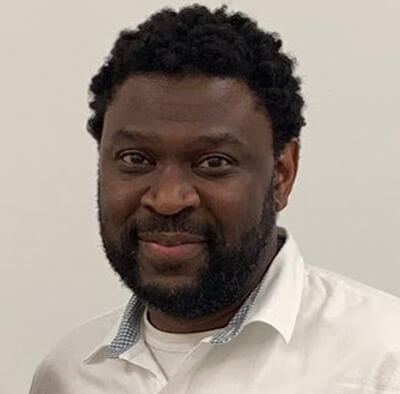Jerry Jaboin, MD, PhD

Please tell us about your new role at University of Oklahoma Science Center.
The OU Department of Radiation Oncology is a mid-sized academic program, with strong technological capabilities serving a highly diverse patient population. One of the department’s claims to fame is a tight knit clinical team that has a distinction of being the most robust clinical trials program for its size.
Why did you choose radiation oncology as your specialty?
I had a varied interest in oncology specialties and had several opportunities to interact with members of the field. They always seemed to be the most evidence-based in our tumor conferences, and when the Director of the Pediatric Oncology Branch of the NCI suggested that it may be something for me to explore, I had the delight of meeting some individuals, like Drs. David Gius, C. Norm Coleman and Al Goldson who opened my eyes to what I found to be an ideal fit.
What has been the greatest advance made in the field of radiation oncology in recent years?
There are rapidly evolving changes in the way we deliver care. I would not feel confident in highlighting a single greatest advance. We have been up to a lot as a field including but not limited to: validating novel technologies, developing enhanced therapeutic strategies, crafting varied roles for AI, and establishing a therapy with potential to completely shift radiotherapy paradigms (FLASH).
In what ways would you like to see the field of radiation oncology grow or evolve in the future?
I would like to see us better protect our creative pipeline. Multi-modality therapy is critical to curing most cancers. We need to continue to be relevant and innovate in this space. We need to support creativity and set up our pipeline physicians, physicists, biologists and trainees with a platform to test out their ideas.
What prompted you to contribute to the ROI?
Reminders from valued colleagues about the ROI’s support to a vision for which I am aligned.
What would you tell others who are considering a financial contribution to the ROI? Why should they support the ROI?
A bright future for the field of Radiation Oncology is dependent upon our investment in creativity and innovation.














